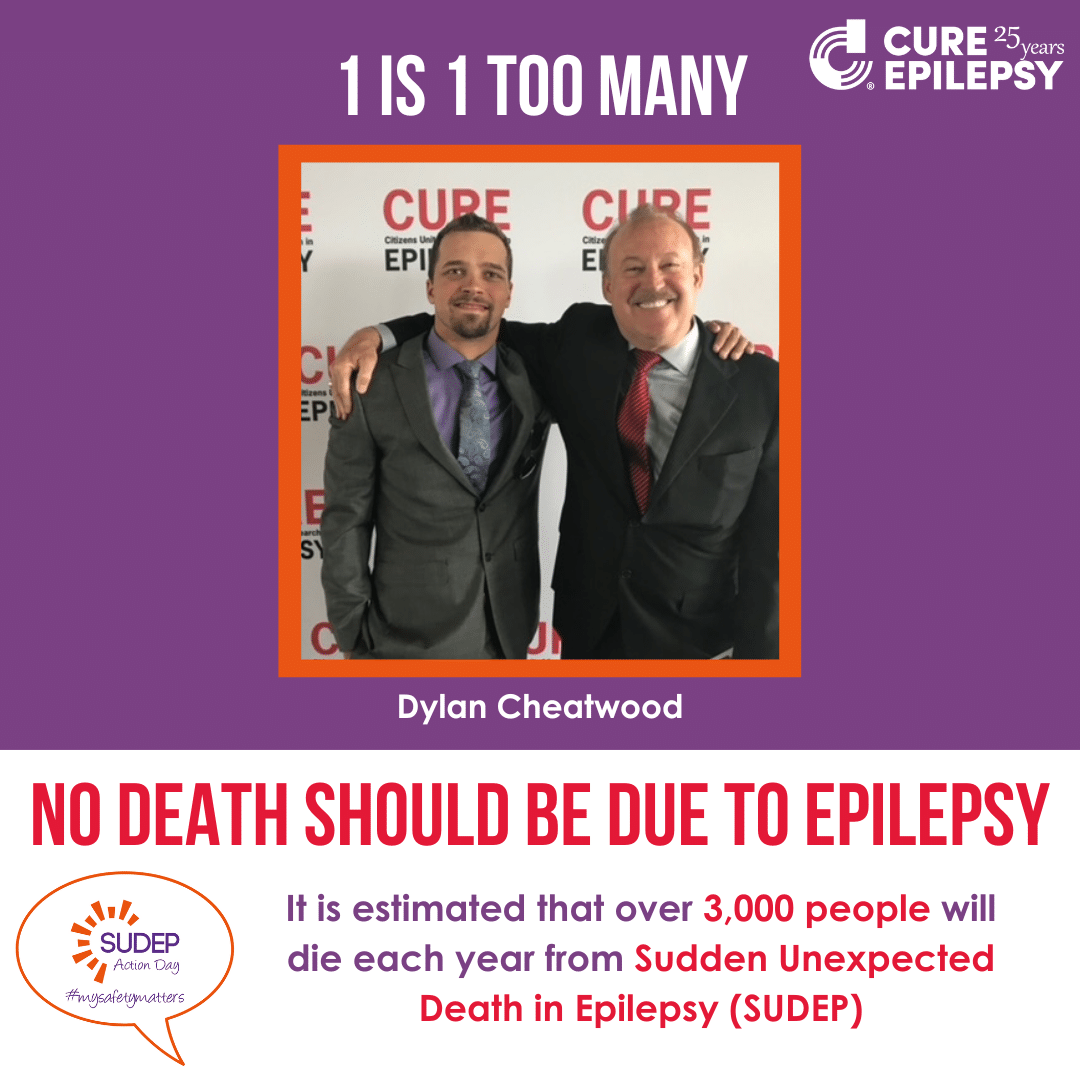Article, published in Healio
Models provided more accurate predictions of risk for sudden unexpected death in epilepsy than population-based estimates, according to results of a study that utilized a Bayesian logistic regression model.
The models remained more accurate even when they were “generalized to unseen data,” researchers noted in Neurology.
“Epilepsy is one of the leading causes of lost life-years worldwide,” Ashwani Jha, PhD, of the National Institute for Health Research University College London Hospitals Biomedical Research Center and the University College London Queen Square Institute of Neurology, told Healio Neurology. “Individuals with epilepsy often completely recover from seizures, but it is unclear why some tragically and unexpectedly die. Although we know of some factors that increase the risk for sudden unexpected death in epilepsy (SUDEP) on average, we cannot determine an individual’s risk. In this study, we developed and validated the first predictive model for individualized SUDEP risk, based on routine clinical information only.”
Although Jha said that the model should currently be restricted to clinical research use pending further validation in a future cohort, he expressed hope that the models will have two main benefits, with the first being clinical discussions regarding SUDEP potentially becoming more targeted and useful. This may reassure those at lower risk and motivate change, such as optimization of anti-seizure medications, among those at higher risk, according to Jha.






